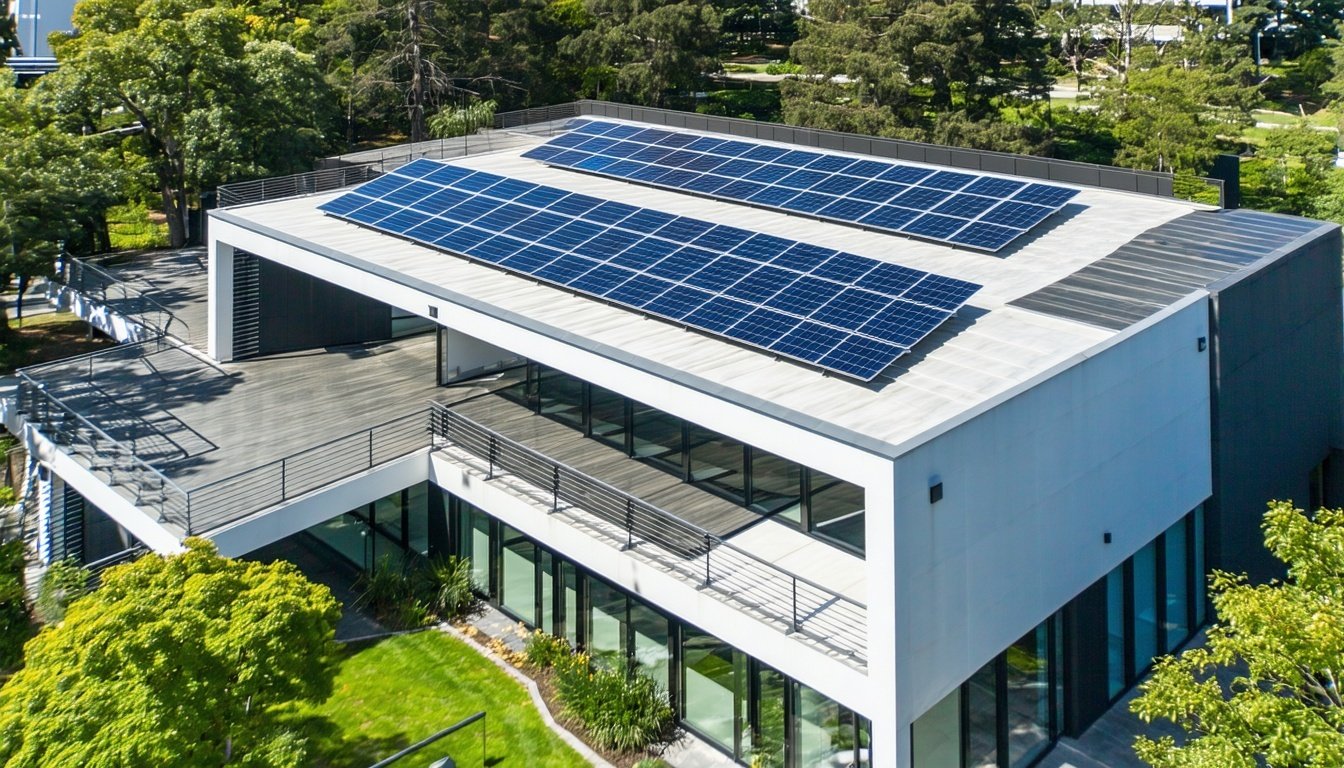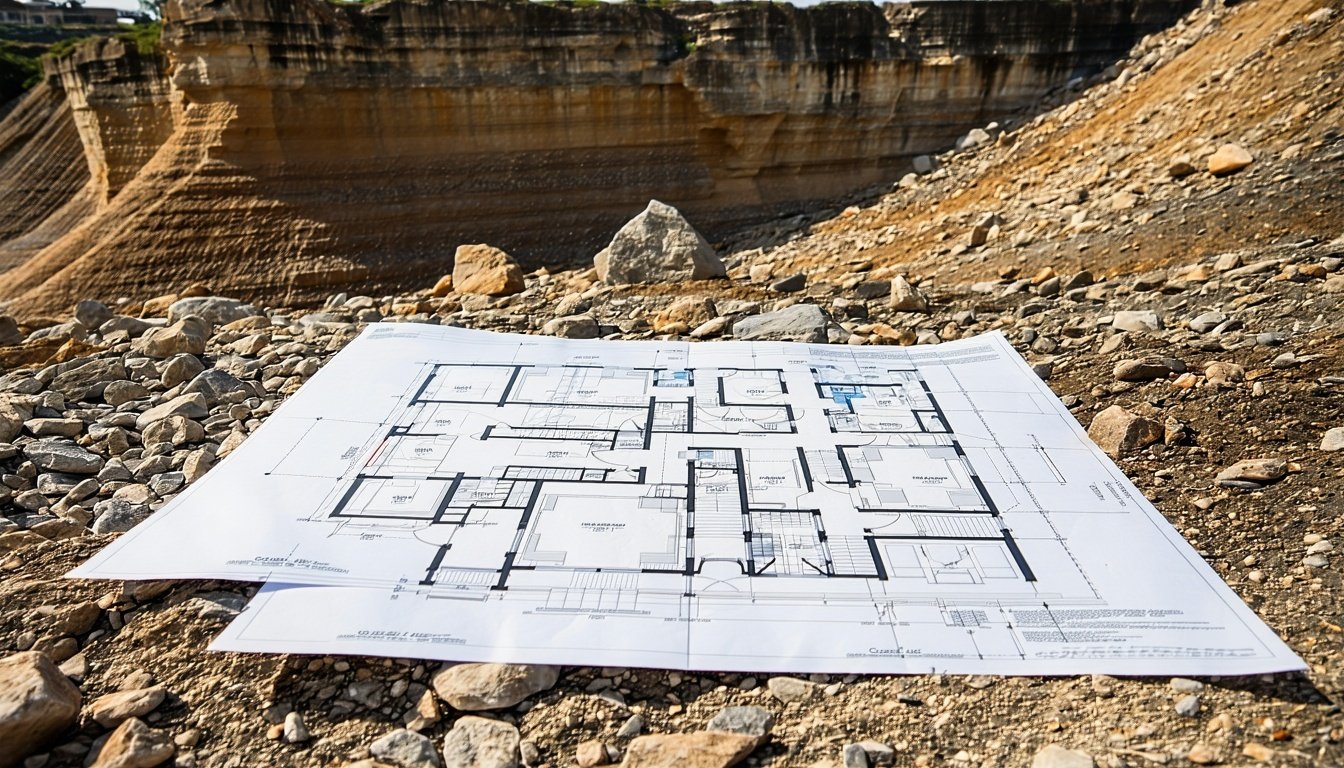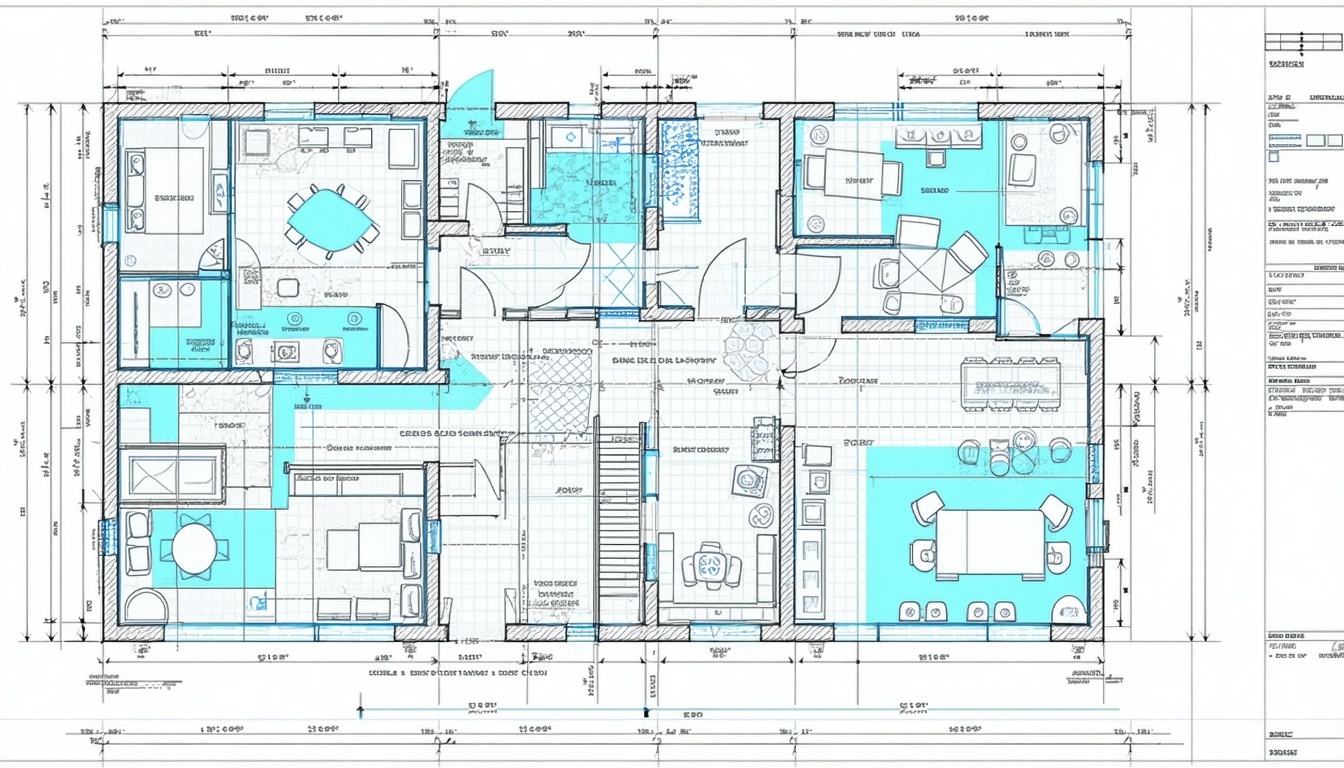In an era where sustainability is not just a buzzword but a necessity, ensuring BASIX certificate compliance is critical for creating future-ready, eco-friendly buildings.
What’s changing in BASIX compliance for 2025?
As we approach 2025, the Building Sustainability Index (BASIX) compliance requirements are evolving to meet the growing demand for sustainable construction. The updated regulations will place a stronger emphasis on energy efficiency, water conservation, and thermal comfort. These changes will align BASIX more closely with global sustainability benchmarks and ensure that new buildings contribute positively to environmental goals.
The upcoming revisions will include stricter energy performance criteria, mandating the use of advanced building materials and technologies. This shift aims to reduce greenhouse gas emissions and promote the adoption of renewable energy sources. For architects and developers, understanding these changes is crucial for designing buildings that not only meet but exceed BASIX compliance.
Aligning BASIX compliance with Net Zero or Passive House standards
To achieve Net Zero or Passive House standards while meeting BASIX compliance, projects must integrate cutting-edge design principles and sustainable technologies. Net Zero buildings generate as much energy as they consume, primarily through renewable energy sources. Passive House standards focus on ultra-low energy use by enhancing the building envelope's insulation, airtightness, and ventilation.
By aligning these standards with BASIX requirements, architects and developers can create buildings that excel in energy efficiency and sustainability. This involves using high-performance windows, advanced insulation materials, and energy-efficient HVAC systems. Additionally, incorporating solar panels and battery storage systems can help offset energy consumption, ensuring that buildings meet both Net Zero and BASIX criteria.
Eco-friendly upgrades that boost BASIX scores
Implementing eco-friendly upgrades is essential for boosting BASIX scores and achieving broader sustainability goals. Key upgrades include installing energy-efficient appliances, using low-flow water fixtures, and incorporating native landscaping to reduce water usage. These measures not only improve BASIX compliance but also enhance the building's overall environmental performance.
Another effective upgrade is the use of smart home technologies that monitor and optimise energy and water consumption. By integrating these systems, buildings can achieve higher BASIX scores and provide occupants with a more sustainable living environment. Additionally, choosing sustainable building materials, such as recycled or locally sourced products, can further enhance a project's BASIX rating.
Integrating Whole of Home energy ratings with BASIX compliance
The new Whole of Home energy rating system complements BASIX compliance by providing a comprehensive assessment of a building's energy performance. This system evaluates all aspects of energy use, including heating, cooling, lighting, and appliances, offering a holistic view of a building's sustainability.
Integrating Whole of Home energy ratings with BASIX compliance ensures that buildings are designed and constructed to the highest energy efficiency standards. This integration facilitates the identification of potential energy savings and highlights areas for improvement. For architects and developers, leveraging this rating system can lead to more sustainable design choices and higher BASIX scores, ultimately contributing to the broader goal of creating eco-friendly buildings.
Certified Energy’s role in future-ready sustainable design
Certified Energy is at the forefront of promoting sustainable design and helping projects achieve BASIX compliance. Our expertise in energy assessment and sustainable building practices ensures that developments meet stringent environmental standards while delivering high performance and comfort.
By collaborating with Certified Energy, architects and developers can access a wealth of knowledge and resources to optimise their designs for energy efficiency and sustainability. From initial planning to final certification, our team provides comprehensive support to ensure that projects not only comply with BASIX but also achieve other green building benchmarks such as Net Zero and Passive House standards. Together, we can create future-ready buildings that contribute to a more sustainable world.







